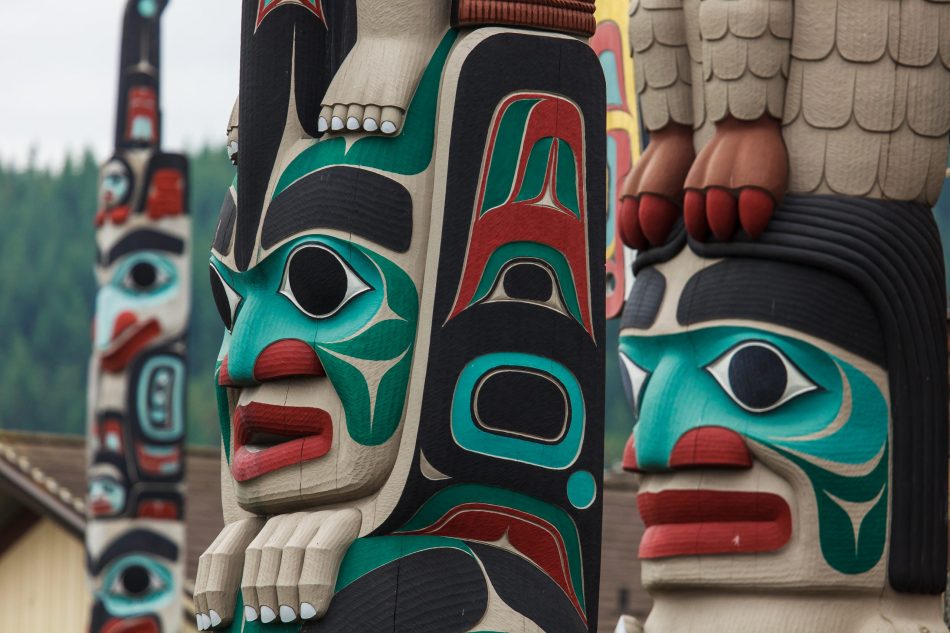Canada is coming to grips with the horrific discovery of hundreds of unmarked graves at former residential schools that contain the remains of children—some as young as three years old.
The exposure of these mass graves puts a spotlight on the country’s terrible colonial past and has inspired the Canadian government to atone for its wrongdoings against Indigenous peoples.
Minister of Indigenous services Marc Miller recently declared, “For far too long, Canada’s colonial legacy has disrupted Indigenous peoples’ Indigenous naming practices and family connections from being recognized.”
In the 1800s, more than 150,000 Indigenous children were extracted from their homes and forced into residential schools that were run by religious institutions and the federal government. These schools were in place to push Indigenous culture out through forced assimilation. Children were made to wear uniforms, speak English, and adopt Christian names. If they failed to do so, the children were violently punished.
To finally address this violation of Indigenous identity, Canada announced a new policy that allows Indigenous people who were forced to adopt European Christian names to officially reclaim their original names.
Canada’s citizenship minister, Marco Mendicino, explains that “the traditional names given to Indigenous children carry deep cultural meaning. Yet for many First Nations, Inuit, and Métis people, colonialism has robbed them of these sacred names.”
In 2015, Canada’s Truth and Reconciliation Commission announced 94 “calls to action” that would help rectify the relationship between Indigenous peoples and Canadians, but sadly most of these calls to action have been ignored. According to Mendicino, “Efforts to use traditional names have been met with everything from polite rejection to racism.”
Six years later, the government’s decision to allow name changes to official documents falls in line with the 17th call to action.











